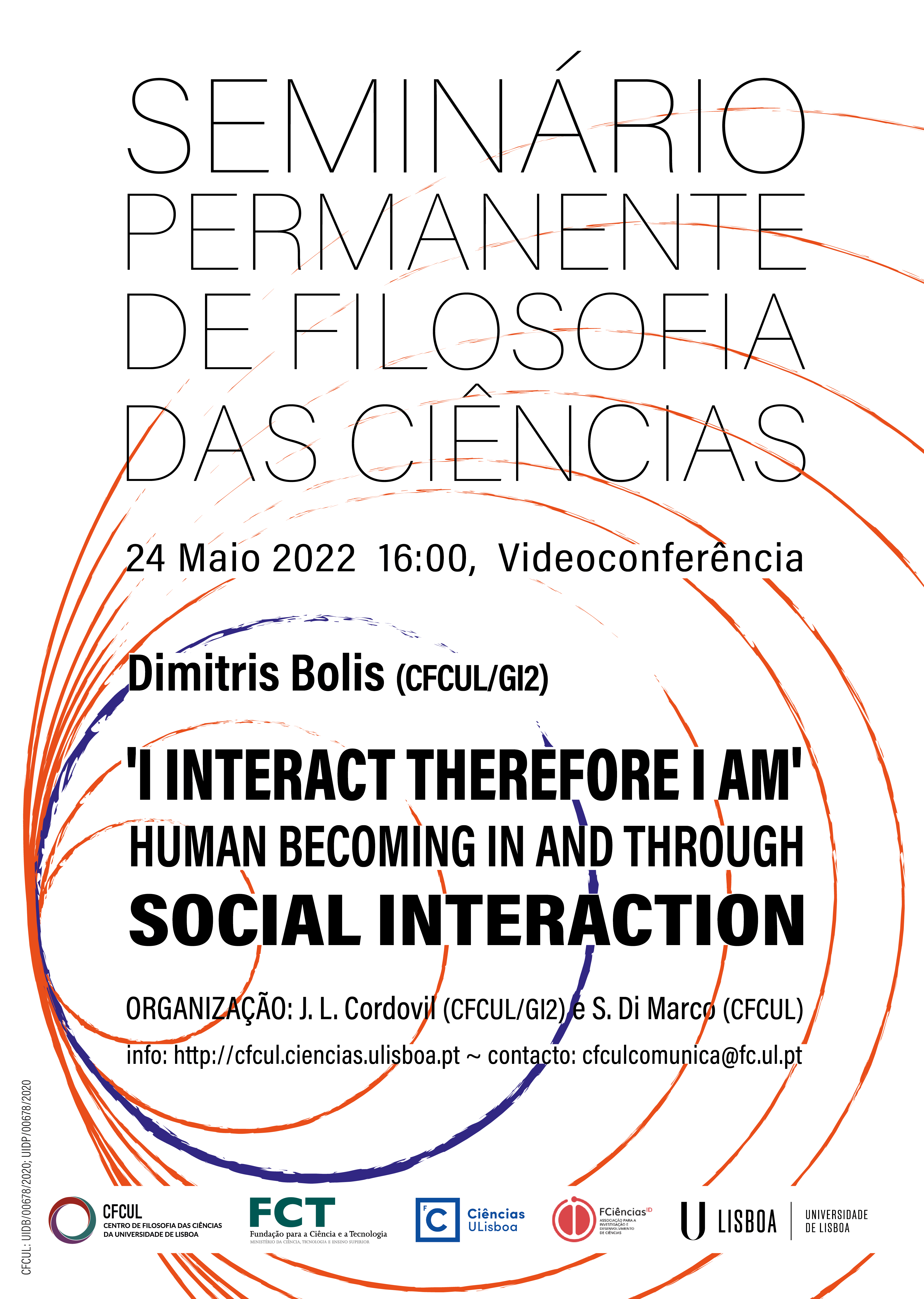
Abstract
In this talk we will attempt to motivate a systematic shift of focus from being to becoming; in fact, becoming-with. More concretely, leaning on the dialectical method, cultural-historical theory and recent developments of social computational neuroscience, we will discuss human becoming as dialectical attunement, arguing that a multiscale analysis of social interaction might allow us to scientifically reconsider the self, beyond the individual, where it really emerges, unfolds and manifests itself — in social relationships. In this light, we will describe the dialectical misattunement hypothesis, which views psychopathology as a dynamic interpersonal mismatch, rather than a misfunction of single brains. Then, we will consider an operationalization of these hypotheses through ‘collective psychophysiology’, an empirical framework which aims at measuring and analyzing the multiscale dynamics of social interaction. Deploying this framework, we will empirically demonstrate that real-time dynamics of social interaction do matter in shaping communication, behavior and cognition ‒ even beyond awareness. Here, we will discuss how our results provide an empirical validation to the second-person perspective. Subsequently taking our research out of the lab, we will show that it is primarily the mismatch of autistic traits – not traits per se – which predicts core aspects of interpersonal attunement in real-life social relationships, offering evidence in favor of the intersubjective approach to autism. Concluding, an approach to human becoming in and through social interaction, we will claim, encourages a social change pertinent to various fields of human research and practice, ranging from psychiatry and pedagogy to ethics and artificial intelligence.
Link Zoom
https://videoconf-colibri.zoom.us/j/87392989800?pwd=btXNRNZKoDoTEWYNFU3ER3Ff2amwhH.1
Password: 437254
Contacto
cfculcomunica@fc.ul.pt